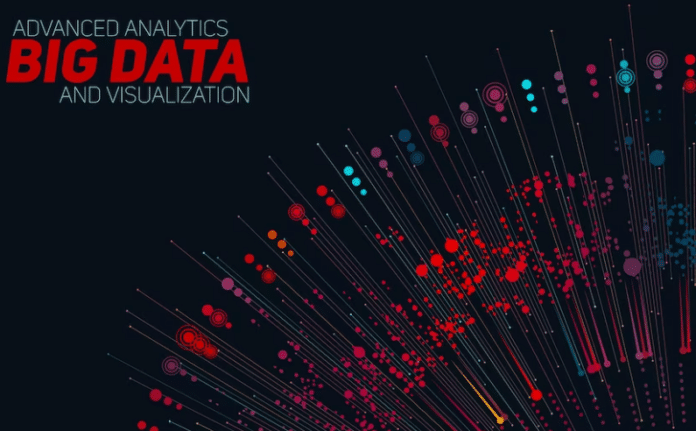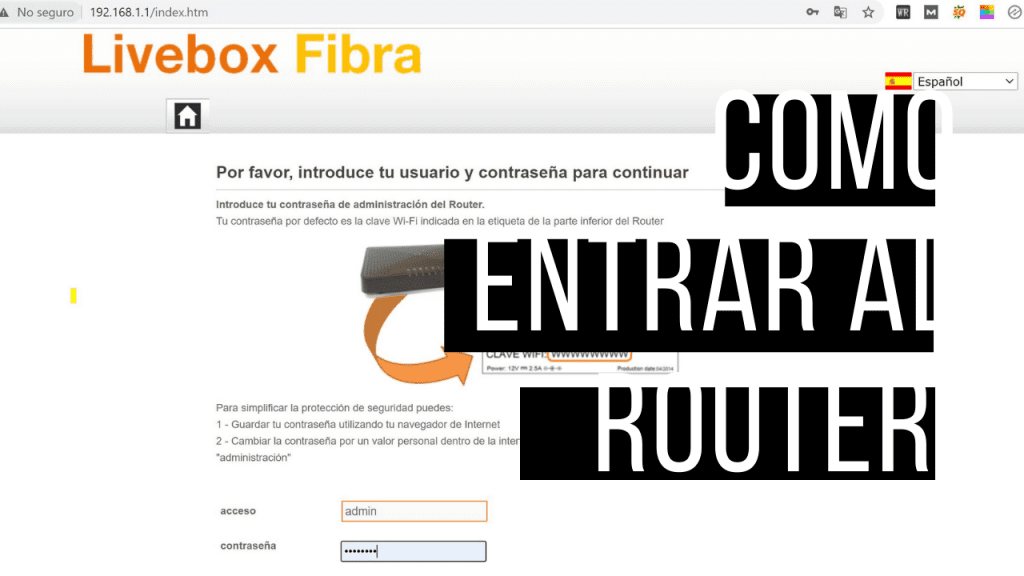Big data, This technological tool allows you to collect data from social networks, call logs, web page views, as well as other sources that serve to improve the need for interaction, maximizing the value offered. Companies use it in alert systems to collect and process data and offer temporary forecasts about their action and possible effects.
Article Content
• What it is and what are its characteristics and challenges.
In the Internet of Things (IoT), it is not something imaginary Big Data are sources of data of great variety, which generate large volumes at an increasing speed of the activities carried out daily, whose characteristics and challenges in real time, these make the Data quality presents challenges in volume, speed, veracity, variety and value that define the problems of Big Data.
• How it works and what are its tools and methods.
It works through the large amount of unstructured, structured and semi-structured data that is collected in large sources so that it is analyzed using:
Machine Learning as well as other advanced technologies, in order to obtain important information for decision making in companies.

• What benefits does it have for data analysis and decision making.
Businesses use external intelligence to make decisions, access social data on search engines and sites such as Facebook and Twitter, which allows them to organize and refine business strategies, with systems designed to improve customer service. Big data technologies replace traditional customer feedback systems.
• Benefits for data quality.
The benefits of big data for data quality are:
- That businesses use external intelligence for decision making.
- Offer better customer services.
- Early identification of the risk of services or products.
- Improve operational efficiency
• Benefits for the speed of analysis.
Integrating big data technologies with data warehousing allows a business organization to offload data that is accessed infrequently. They can also be used to create a special area for new data on the fly. identifying previously stored data that can be moved.
• Benefits of big data for the generation of knowledge.
For the generation of knowledge, big data offers important benefits which are generated from the activities carried out daily.
Companies and individuals that handle big data must have skills that allow them to have knowledge of:
Machine Learning, database mastery, mathematics, algebra and calculus, knowledge of statistics, language and programming such as C or Python.
of decisions, have greater security on websites, obtain better customer orientation and loyalty and optimize costs.
Big Data helps identify new opportunities, with smarter movements, correct decisions, efficient operations with higher profits and happy customers.
• What applications does it have in different sectors and areas.
Business performance through financial statements helps in decision making. They include financial, economic and accounting data from past activities that allow entities to be projected with certainty into the future of the business organization.
• How it is regulated, evaluated and improved.
Big Data is governed by international rules and standards. It is an institutional standard that contemplates requirements and capabilities within a context view of high-level systems related to other entities.
It is a category of cloud service with capabilities that makes services available to the client for:
Collect, store, analyze and visualize the data with the use of Big Data technology.
Big Data is improved by offering a personalized experience, with customer service. Dynamizing prices, making decisions that are based on data, with consumer data and personalizing the online store. Users have greater control over their personal data and its use.
The regulation of Big Data It has to do with data protection. They are backed by the data protection law, which guarantees greater security over private aspects. In addition, a new regulation that appears in the Organic Law on the Protection of Personal Data and the guarantee of digital rights






